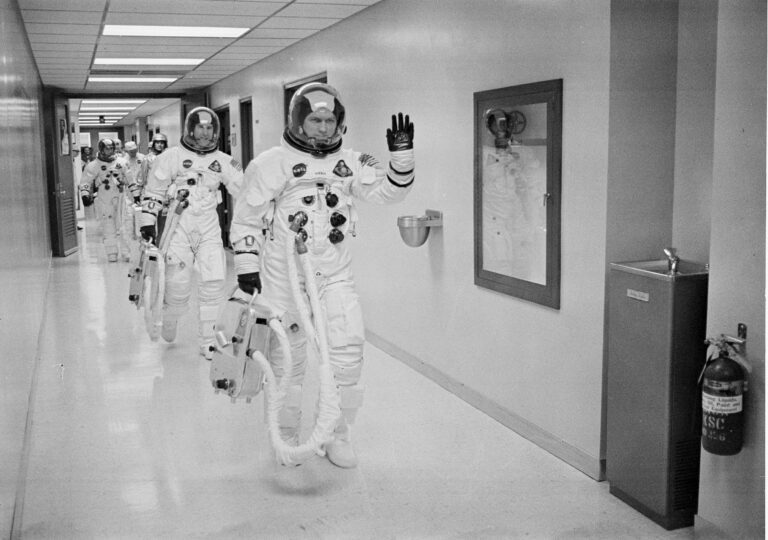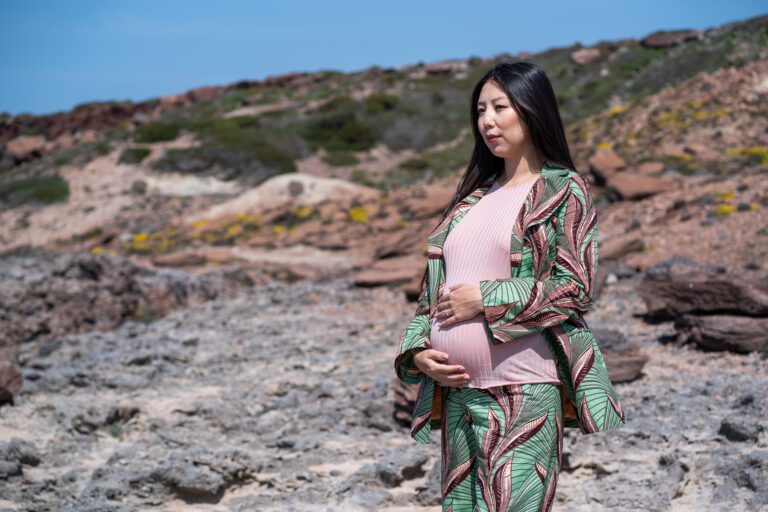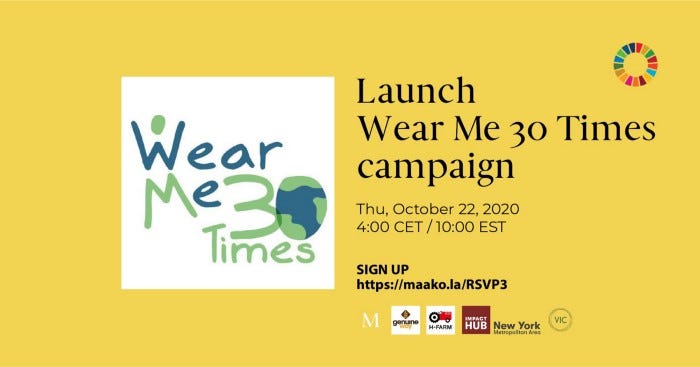Lessons Learned From Conscious Beauty: A Matter For The SDGs?
From the use of technology to lessen our fashion footprint, to the idea of a “demand and supply” chain, the first live event in Conscious Beauty 2020 delved deep into the fashion and beauty industries’ impact on the planet.
Beauty And The Beast
The topic of discussion was one that should be on the forefront of every fashion and beauty company in the industry. The impact of the fashion and beauty industries — two of the most polluting industries in the global economy — on the environment. A real life “Beauty and the Beast” scenario. The objective of the session was to understand if a sustainable future can be achieved.
This vital conversation featured a select panel of experts, including:
- Alpa Shah, Economist
- Colette Grosscurt — Responsible Investment Officer ACTIAM
- Alessandra Ciccotosto — Marketing manager @ Oway
- Lisa Morales-Hellebo — Co-Founder & GP at REFASHIOND Ventures
Each panelist was able to bring their unique perspective to the discussion, and highlighted invaluable points from their collective experience.
Their input was so important, as the objective of the conversation was to build upon the work already happening to promote sustainability and to raise awareness of the issues.
A Fashionable Take On Sustainability
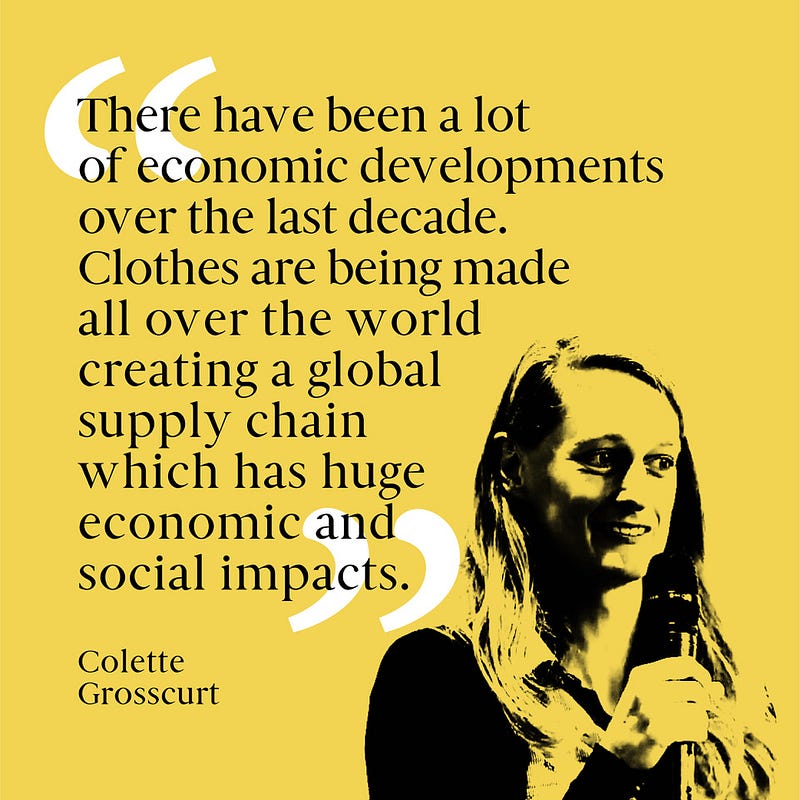
Speaking for the fashion industry, Colette and Lisa discussed the main sustainability issues across the fashion supply chain and their direct impact on the environment. The main issues addressed came down to:
- The global supply chain
- The impact of fast fashion
“There have been a lot of economic developments over the last decade. Clothes are being made all over the world creating a global supply chain which has huge economic and social impacts.” — Colette Grosscurt.
“The supply chains are too big.”
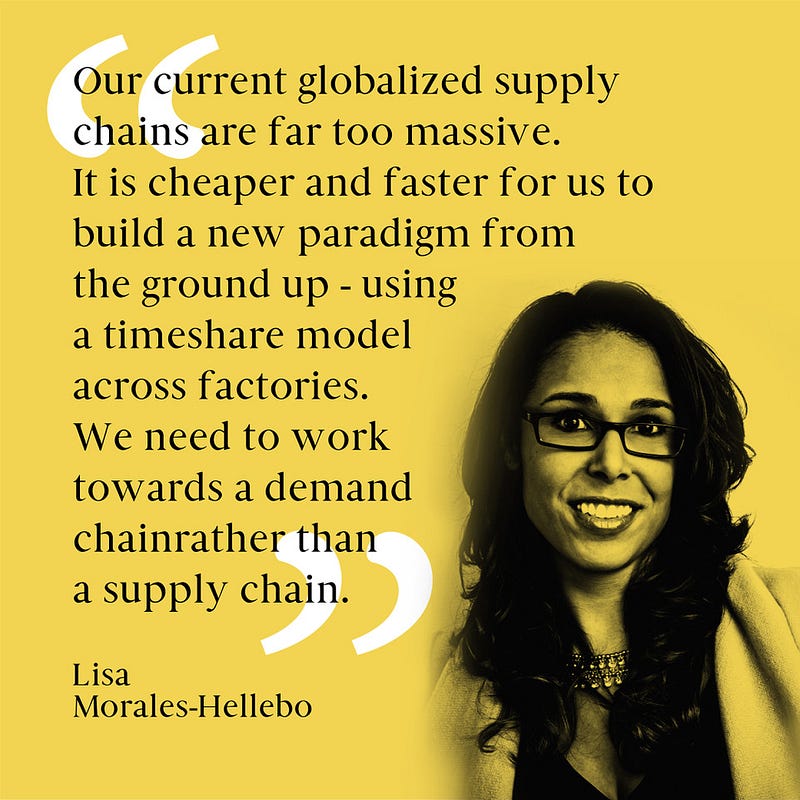

Lisa suggests a localized supply chain, with an emphasis on demand rather than supply is the way forward:
“Our current globalized supply chains are far too massive. It is cheaper and faster for us to build a new paradigm from the ground up — using a timeshare model across factories. We need to work towards a demand chain rather than a supply chain.” — Lisa Morales-Hellebo
Colette also commented on the importance of investing in the clothes already in your wardrobe as opposed to constantly buying new and disposing of pieces worn only once or twice. Instead, wear them more or think of other ways to resume them; donate, swap with friends, or repurpose them. By breathing life into our existing wardrobe, we can start lessening our footprint and set a great example for others.
What about the consumer and corporation roles?
Lisa stated that corporations, like Big Oil, need to be held accountable for their impact, over consumers. She believes that legislation needs to be created and innovations need to be invested in to create paradigm shifts in the industries.
Alpa questioned the consumers’ role in the issue, and all panelists agreed that especially younger consumers are showing more awareness of sustainability, in what they wear and what they use. But it can be confusing.
This shows why transparency from companies, brands, and corporations is of vital importance. In order for us to make a difference to the life of our planet, it is really the responsibility of both parties.
In the end, both consumers and corporations need to be held accountable and educated.
Has Covid-19 made an impact in the industries?
The current climate crisis and the global pandemic was also a topic of consideration. Panelists agreed that people on the whole are more aware of our planet and how much we depend on it.
The forced closure of many shops has conditioned us to buy more online. There has also been a huge disruption in the supply of goods due to the industry being scattered all over the world. This again shows how inflexible a global supply chain is. A local supply chain would provide more stability and positive opportunities.
Lisa emphasized that this shift in thinking and purchasing can have a positive impact on the change of “supply and demand.” Orders are being made more for the demand side rather than the supply side.
Beauty That Is More Than Skin Deep
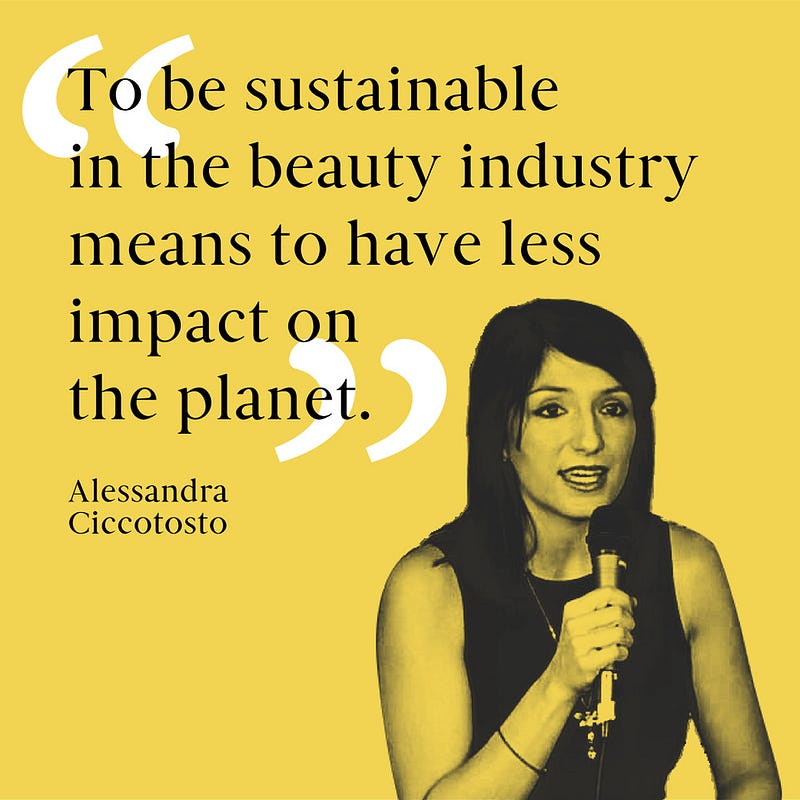

The beauty industry produces billions of non-recyclable packaging units per year, which creates a massive impact on the planet.
Alessandra stated: “To be sustainable in the beauty industry means to have less impact on the planet.” This boils down to both what is in the products, and also what the packaging is made from. She stated that consumers are starting to care far more about what is going into their favourite products, and are reading the labels fare more regularly. This is such a positive change, but it needs to continue.
Alessandra explained that by consumers reading the labels and educating themselves on what goes into their favorite products, that they are showing a desire for “clean” beauty.
Beauty brands need to explain in a simple, clear, and open way the methods behind their production. This is happening more with smaller beauty companies, but it is the large, established brands that really need to start making bigger changes.
What Lessons Can We Take Away?
After such an engaging and enlightening discussion, the session ended with these final takeaways on the subject:
- Even conscious consumers need to educate themselves on their favorite brand’s sustainability
- Always read the labels on products to check for certification and recycling
- Corporations need to be held accountable
- Local supply chains should be the way of the future
- Innovative companies that are trying to change the industries need to better funded and supported
- Consumers need to educate themselves on the oil companies and their role in the fashion industry
- Brands need to be transparent
- Sourcing Managers need to make the move to switch to sustainable materials
- Switch to “demand” rather than “supply”
- Fast fashion needs to change and we need to wear our clothes more instead of buying more
- Beauty brands need to better understand the ingredients in their products and invest in more important and less trendy pieces
What are your thoughts on the subject? Did you agree with our panelists? We would love to hear your thoughts in the comments.
Don’t forget, if you haven’t watched the session, or if you would like to watch it again
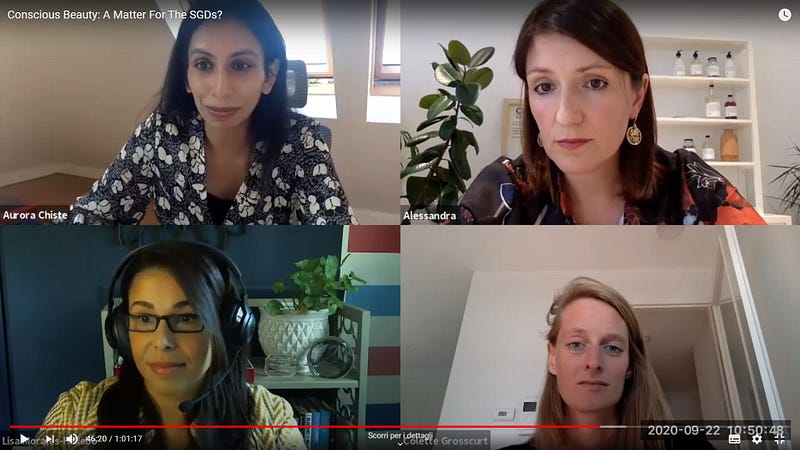

What’s next?
On 22nd October at 10 am EST, we will be hosting our next free, online event: <WearMe30Times
“To achieve sustainability in the world of fashion, we need transparency and data that allow us to measure the impact of our actions on the environment. WearMe30Times was created to allow consumers to be active players in achieving sustainable fashion and achieving the sustainable development goals set by the United Nations. “ — Aurora Chiste, CEO Maakola
